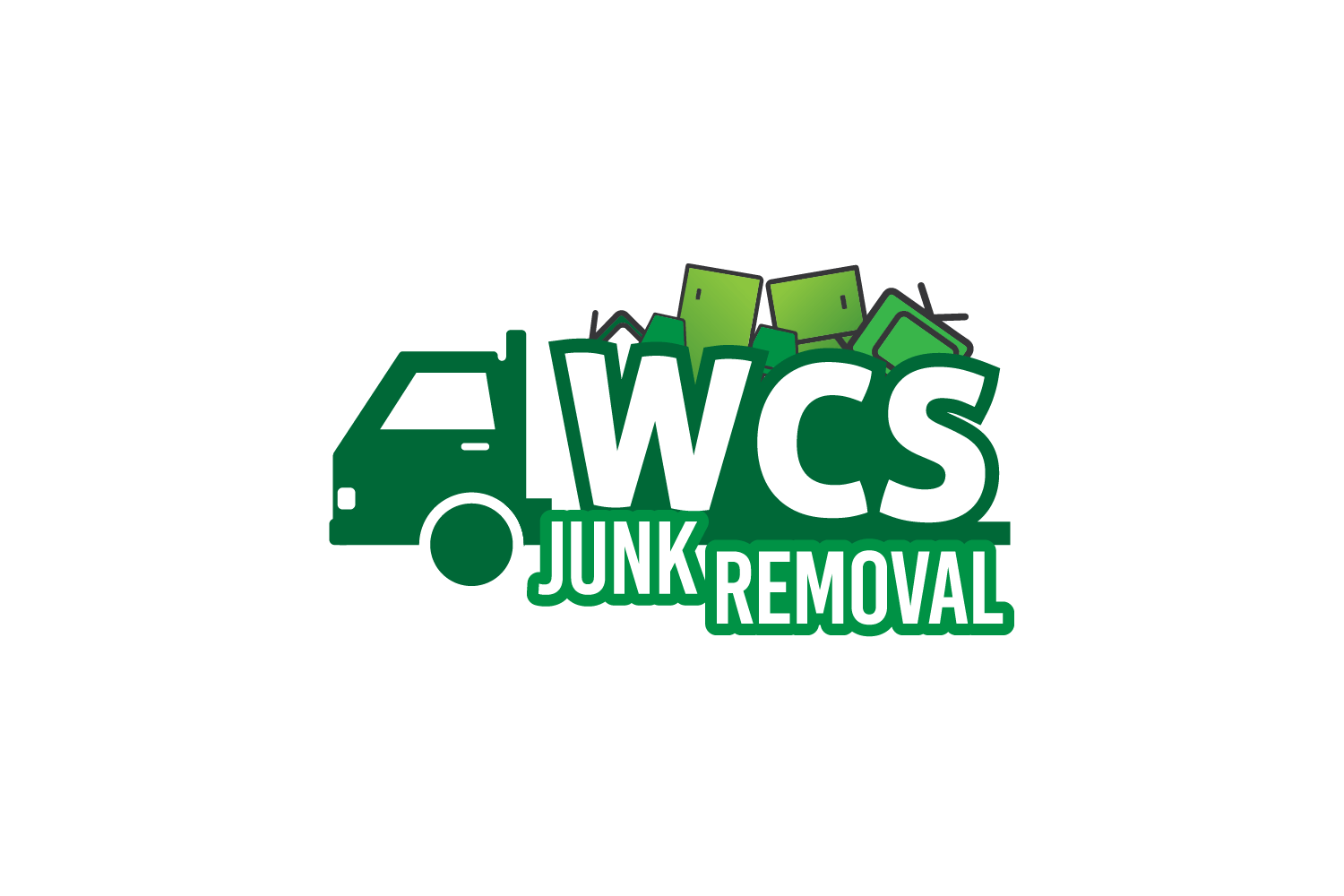An
eviction is a challenging experience that can have long-lasting consequences. It's not just the process of being forcibly removed from a home that makes it difficult. It's also the fact that the eviction will stay on your record, making it harder to find a new place to live or secure credit.
What Is an Eviction?
Before diving into the topic, let's quickly define eviction. An eviction is a legal process where a landlord removes a tenant from a rental property. This typically happens because the tenant still needs to pay rent, violate the lease agreement, or damage the property. Once an eviction takes place, it is recorded on the tenant's rental history or record.
How Long Does an Eviction Stay on Your Record?
The time an eviction stays on your record can vary depending on a few factors. An eviction can generally remain on your record for up to seven years. However, in some states, an eviction can stay on your record indefinitely. It's essential to remember that even if an eviction falls off your history after seven years, it can still impact your ability to rent a new property.
The Lingering Consequences of an Eviction
An
eviction can have long-lasting consequences that go beyond the initial experience. For example, the fact that an eviction stays on your record can make it challenging to find a new place to live or secure credit.
In addition, landlords and lenders view an eviction as a red flag, signaling that you may be a risky tenant or borrower. This can make it challenging to secure a rental property, obtain a mortgage, or even get approved for a credit card.
In addition to the financial implications, an eviction can have a psychological impact. Being evicted from your home can be traumatic and cause shame, embarrassment, and hopelessness. These feelings can linger long after the eviction, making it difficult to move on.
Eviction Removal Services
Choosing an Eviction Removal Service
If you're considering working with an eviction removal service, choosing a reputable and experienced company is crucial. Some services may make false promises or charge high fees without delivering results. Instead, look for a service that offers a free consultation and has positive reviews from previous clients.
Remember that there is no guarantee that an eviction removal service will be able to remove the eviction from your record. If the eviction was legitimate and there were no errors or inaccuracies, it may be challenging to have it removed.
Preventing Future Evictions
While working with an eviction removal service can help remove an eviction from your record, it's essential to take steps to prevent future evictions. This can include
budgeting and planning to consistently pay rent on time, communicating with your landlord to address any issues, and seeking legal assistance if necessary.
By taking proactive steps, you can avoid the negative consequences of an eviction and maintain a positive rental history. This can make it easier to find a new place to live and secure credit in the future.
Conclusion
Remember, an eviction doesn't have to define your future. With the right approach and resources, you can overcome this obstacle and secure a bright future for yourself and your family. If you're dealing with an eviction on your record, consider working with an eviction removal service or contacting your previous landlord. And to prevent future evictions, take proactive steps to communicate with your landlord and manage your finances responsibly. If you're dealing with clutter or unwanted items in your home or workspace, a
junk hauling service can help you remove them quickly and efficiently. A
furniture removal service can help you dispose of old furniture and make room for new, functional pieces. Regular
warehouse cleaning services can improve workplace safety and productivity by removing clutter and maintaining a clean environment. When it comes to
electronic waste disposal, it's important to stay up-to-date with the latest regulations and guidelines to ensure proper handling and recycling of these materials.


